Figures from the FIFPRO report show the staggering difference in playing time between generations of players. At 18, Yamal played more than 130 games, a figure that far exceeds the 40 games played by the legendary Andres Iniesta and the 60 games played by Gavi at the same age.
Anxiety
FIFPRO player performance panel member Darren Burgess called the situation “alarming”. With over 130 games under his belt by the age of 18, the Barcelona and Spain star faces a gruelling schedule, almost three times that of Iniesta at a similar age.
Even Gavi, a rising star just a few years older than Yamal, had played just 60 games by the time he was 18. This surge reflects a worrying trend in modern football: young players are being pushed into a relentless cycle of competition.
There are many factors that contribute to the overload of young players like Yamal. First is the expansion of club and national team competitions. Tournaments such as the UEFA Champions League, national championships, national cups, and international youth tournaments have created a packed playing schedule.
In addition, new tournaments such as the FIFA Club World Cup or the extended World Cup qualifiers also increase the number of matches that young players have to participate in. The development of modern football also speeds up the process of debuting young talents.
With advanced data analytics and training systems, big clubs like Barcelona can spot and bring players like Yamal into the first team much earlier than before.
This means young players are faced with the pressure of playing at the highest level from a very early age, when their bodies and minds are still developing. Commercial factors also play a big role.
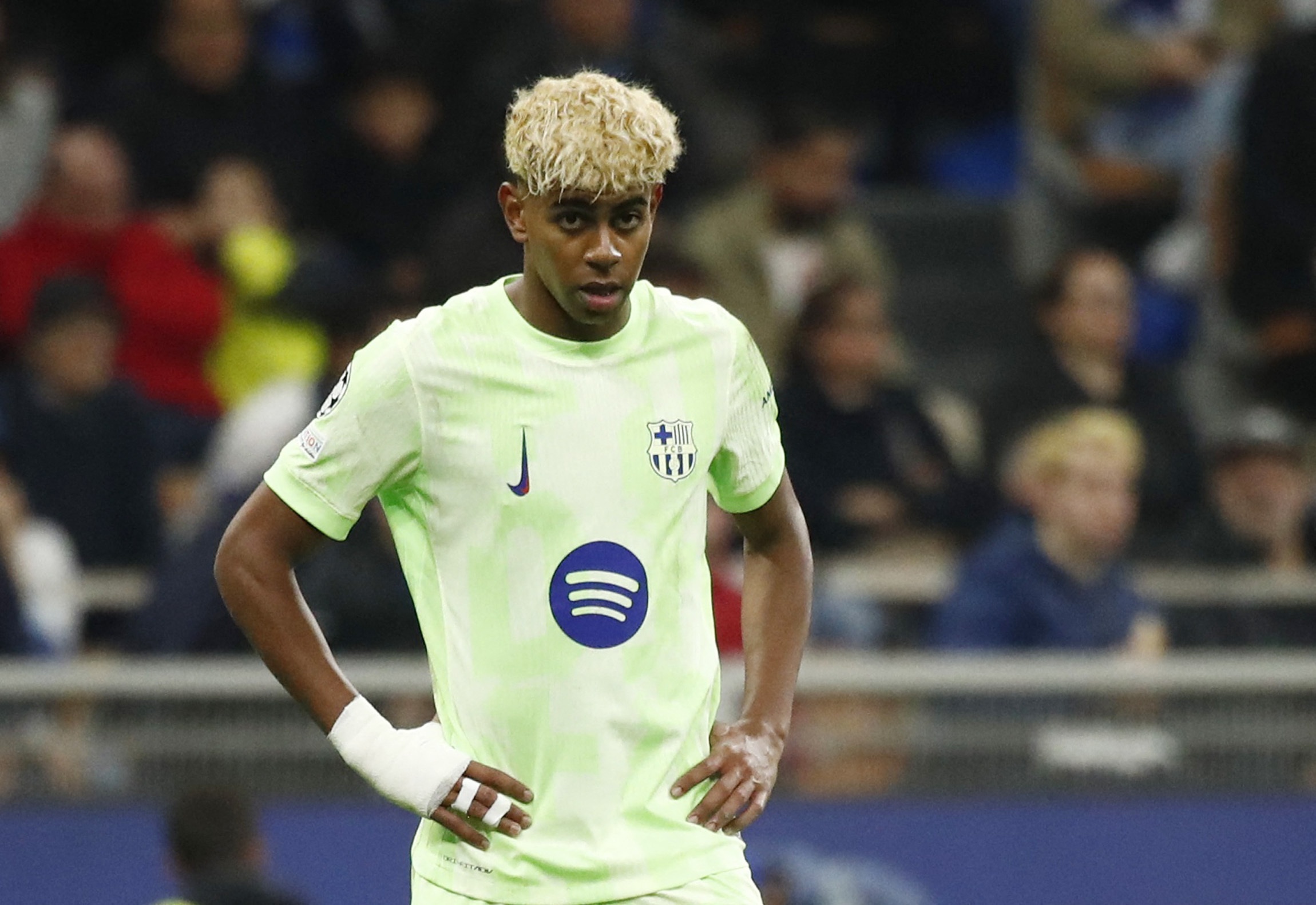 |
Yamal's injury has been controversial recently. |
Young players like Yamal are not only talented on the pitch, but also commercial “assets” for their clubs and sponsors. Constant appearances in matches increase their brand value, but also put them at risk of burnout.
Consequences
Playing too much at a young age like Yamal can have serious consequences. Physically, young players face a higher risk of injury due to their immature bodies.
Persistent injuries, particularly to joints and muscles, can have a lasting impact on their careers. Gavi, for example, suffered a lengthy spell out of action with an anterior cruciate ligament injury, which may in part be related to the hectic schedule.
Mentally, the pressure of constant competition, fan expectations, and intense media scrutiny can lead to psychological stress or burnout. FIFPRO studies have shown that young players often struggle to balance their professional and personal lives, leading to a risk of depression or loss of motivation.
Furthermore, playing too much early in a player's career can shorten their lifespan. Yamal may not have the same longevity if he continues to play at his current pace.
Indeed, the recent spat between Barcelona and the Spanish national team speaks volumes about this issue. In September, Yamal’s injury sparked a row between coach Hansi Flick and the Spanish Football Federation (RFEF).
It all started when the Spanish coach still decided to use Yamal in two consecutive matches against Bulgaria and Türkiye, even though the player felt uncomfortable.
After coach Luis de la Fuente called Yamal up to the Spanish national team for the FIFA Days in October, Barcelona had to announce that the player would be out for about 3 weeks due to a recurrence of a pubic injury, as a veiled criticism of "La Roja".
Yamal's alarming situation, as outlined in the FIFPRO report, is not just his own problem but also reflects a larger trend in modern football.
Without timely intervention from football organizations, clubs, and society, talents like Yamal could pay a heavy price in terms of health and career.
Source: https://znews.vn/tinh-trang-bao-dong-cua-yamal-post1592098.html



![[Photo] Prime Minister Pham Minh Chinh chairs a meeting of the Government Standing Committee on overcoming the consequences of natural disasters after storm No. 11](https://vphoto.vietnam.vn/thumb/1200x675/vietnam/resource/IMAGE/2025/10/09/1759997894015_dsc-0591-jpg.webp)
![[Photo] General Secretary To Lam visits Kieng Sang Kindergarten and the classroom named after Uncle Ho](https://vphoto.vietnam.vn/thumb/1200x675/vietnam/resource/IMAGE/2025/10/09/1760023999336_vna-potal-tong-bi-thu-to-lam-tham-truong-mau-giao-kieng-sang-va-lop-hoc-mang-ten-bac-ho-8328675-277-jpg.webp)
![[Photo] President Luong Cuong attends the 80th Anniversary of the Traditional Day of Vietnamese Lawyers](https://vphoto.vietnam.vn/thumb/1200x675/vietnam/resource/IMAGE/2025/10/09/1760026998213_ndo_br_1-jpg.webp)
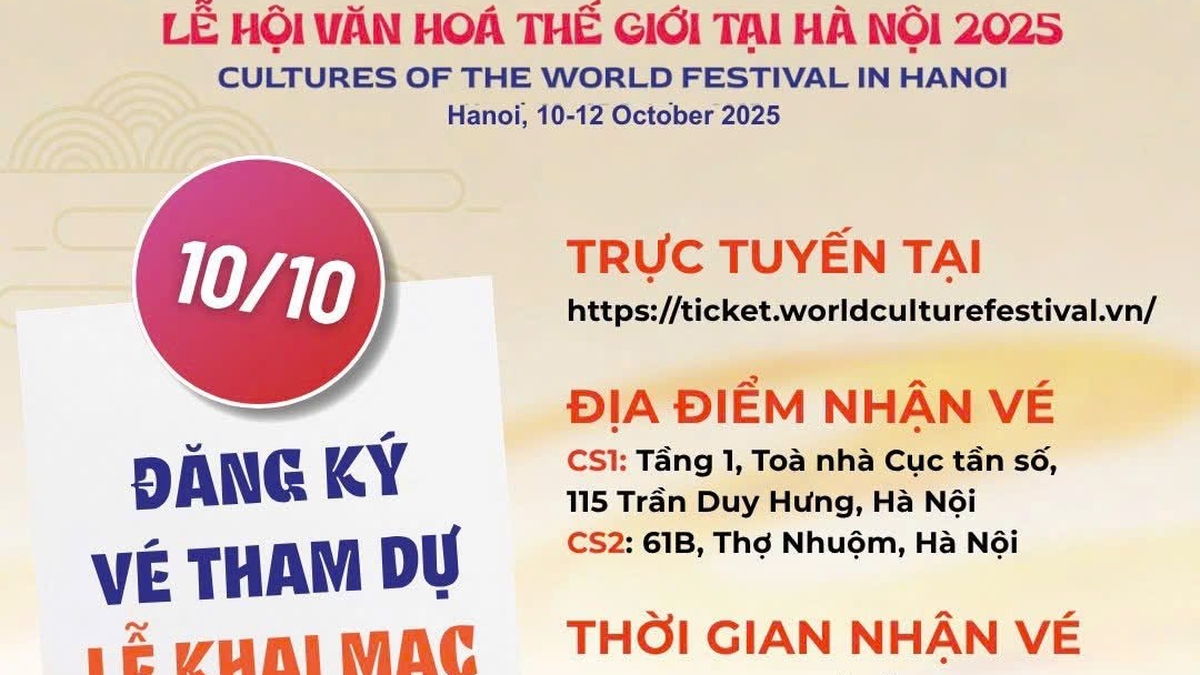



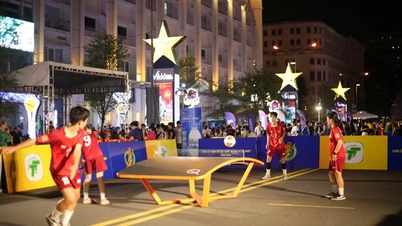

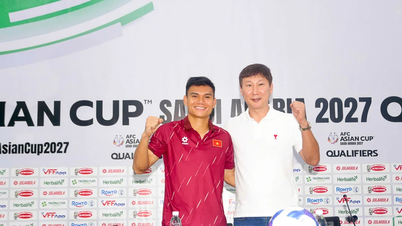



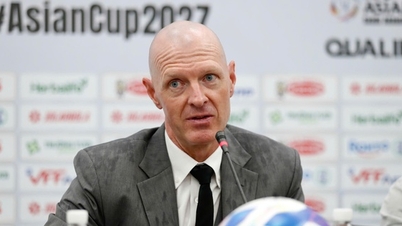

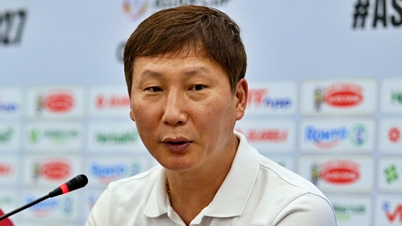








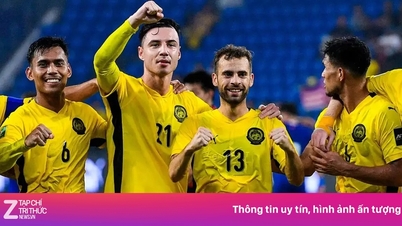
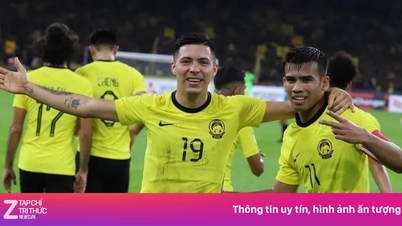








































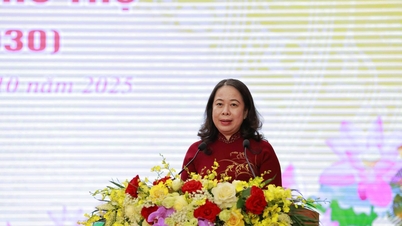
























Comment (0)